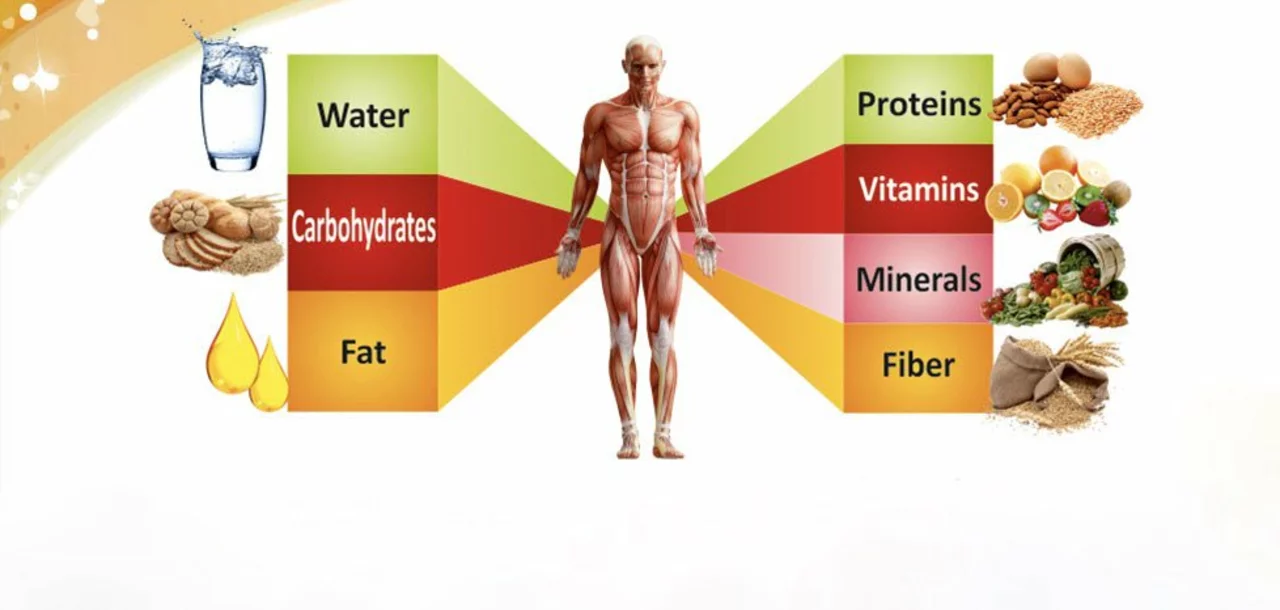Essential Nutrients: What to Eat and Why
Most people know vitamins and minerals matter, but which ones are truly essential? Essential nutrients are compounds your body cannot make in enough amounts, so you must get them from food or supplements. They include macronutrients—protein, fats, carbs—and micronutrients like vitamins A, D, E, K, C, B12, folate, plus minerals such as iron, calcium, magnesium, zinc, and iodine. Getting these in the right amounts keeps energy stable, supports immunity, and helps organs work.
Signs you’re low: constant tiredness, hair loss, muscle cramps, slow wound healing, or frequent infections. For example, iron deficiency often causes fatigue and pale skin; low B12 shows as tingling and memory issues; vitamin D shortages link to bone pain and low mood. If you notice these, check with your doctor and get simple blood tests.
How much you need depends on age, sex, pregnancy, and health conditions. General targets to keep in mind: vitamin D 600–800 IU, vitamin B12 2.4 mcg, calcium about 1000 mg, iron 8 mg for men and 18 mg for premenopausal women, and magnesium 310–420 mg. For omega-3s aim for 250–500 mg combined EPA and DHA daily for heart and brain support.
Best food sources are straightforward. Fatty fish for omega-3s, leafy greens and dairy for calcium, red meat and lentils for iron, eggs and fortified cereals for B12 and folate, nuts and whole grains for magnesium. Cook variety into weekly meals rather than chasing single 'superfoods.'
Supplements and smart choices
Supplements help when diet falls short, but they aren’t a free pass. Pick a multivitamin for general coverage, vitamin D in winter, iron only after testing, and B12 if you’re vegan. Watch interactions: calcium can block iron absorption when taken together; some supplements affect prescriptions. Tell your doctor about all pills and herbs before adding anything.
Simple daily plan
Try this: breakfast with fortified cereal or eggs, lunch with leafy salad and beans, snack with yogurt and nuts, dinner with oily fish or tofu and a side of steamed greens. Drink water and limit processed foods that displace nutrient-dense options. If you take medications like blood thinners, check vitamin K intake and coordinate with your clinician.
Small steps matter: add one extra vegetable a day, swap chips for a handful of nuts, and cook fish twice a week. Track symptoms and repeat bloodwork after three months if starting supplements. Good nutrition is a mix of food, tests, and small habits that add up.
Pregnant people should focus on folate and iron; infants need vitamin D drops; older adults often need B12 and calcium. Use reliable sources like government nutrition sites or talk with a registered dietitian. If you take many medications, ask a pharmacist about interactions. Start small, test, and follow up. Want a checklist? Note down your daily servings, any symptoms, and last blood test date, then share it with your clinician at your next visit. Small, consistent changes beat instant fixes—track progress and adjust with a health professional as needed every day.

